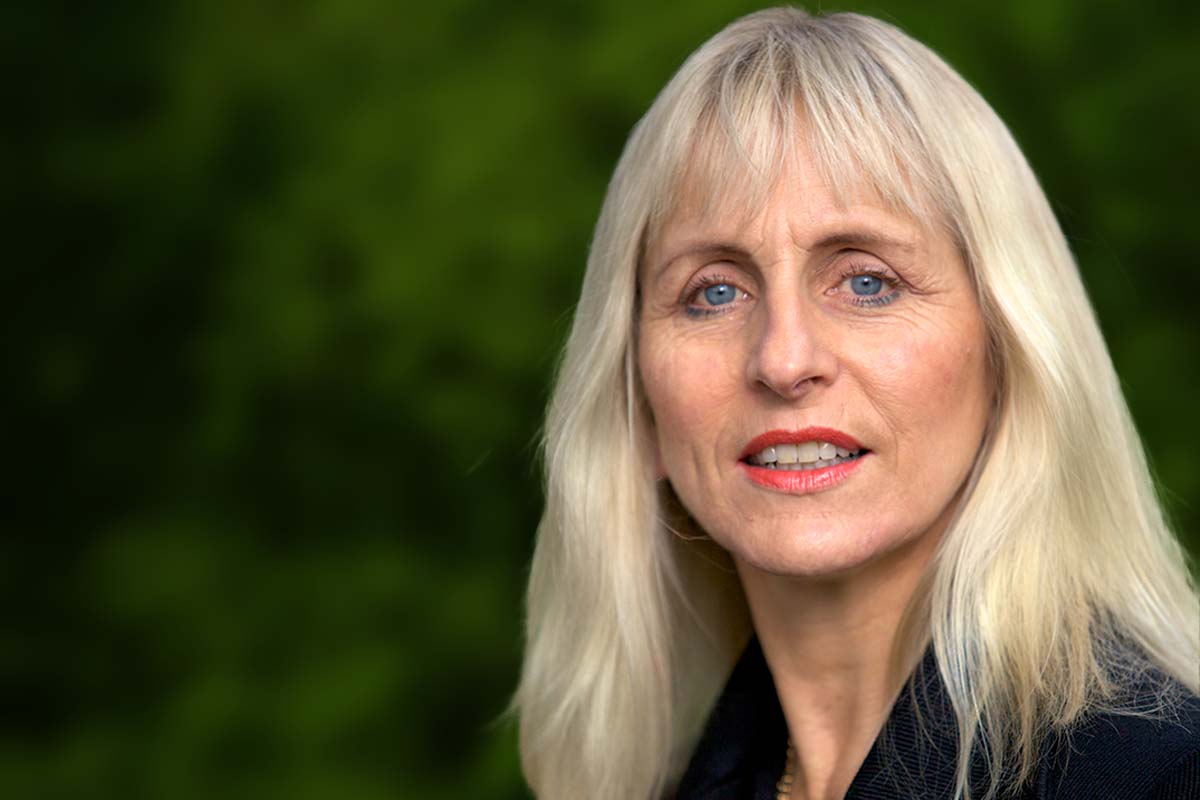The Ethical Dimension

- Written by
- Deepika Sulekh
Local change agent Jane Arnott in focus
In a world tied to change, a call to action decisions based on values, and to reflect on the ethical dimensions of our decisions, rings truer than ever before. While struggle belongs to no single activist, local change-maker Jane Arnott’s pursuits deserve both recognition and celebration. Singlehandedly striving to create a fairer and equal society by pushing for better governance and standing up for her values.
Awarded with the Order of Merit in June this year, Jane has cemented herself as a trailblazer. Opposing a dispassionate and unethical system in a previous public relations role, she founded New Zealand’s first cross-cultural consultancy representing Pacific Island communities, raising awareness of the importance of establishing relationships with Pacific peoples and engaging their native languages.
Further to race relations, her second area of advocacy involves challenging corporate New Zealand to rethink the management of conservation as a governance issue. For decades, some of New Zealand’s largest tourism promoters had been leveraging their businesses alongside conservation wildlife in advertising campaigns, yet doing nothing to aid the protection our native species. Thus, Jane championed the corporate sponsorship of endangered species and large entities, including Air New Zealand, Mitre 10, Foodstuff and Kathmandu, all came to the party.
A dedicated campaigner for a number of cases and causes, Jane has extensive experience training and working with the Institute of Business Ethics, following her Post-grad in Professional Ethics.
It started with a desire to make a difference. “You need to have change agents who encourage others to second guess and reflect,” says Jane. “Legislation is only as good as the thinking of the time, and needs to constantly be updated.”
Jane’s latest venture is The Ethics Conversation – delivering sector specific business and professional ethics workshops for continuing professional development across professional bodies.
One of the key findings in her latest work – a review of the Codes of Ethics of NZX50 – is that 70% of CEOs do not formally or personally champion their company Code of Ethics.
“A Code of Ethics works to set the ethical tone from the top and provides a framework for behaviours that underpin trust in companies and their reputation. When CEO’s shy away, an opportunity to lead is lost,” she explains. “It’s disappointing and a missed opening to more deeply embed ethics and good conduct when the highest paid executive fails to make themself visible in endorsing ethical behaviour – and its importance – given the NZX requirement for a Code.”
Additionally, Jane is undertaking research in relation to The Construction Accord and driving a repeal of the Trustee Companies Act 1967, which largely due to the extreme rise in home values capitalises on the intergenerational transfer of wealth.
“Inheritance is becoming the only way the next generation could ever own property or access significant wealth in their life – and many trusts still attempt to profit from such situations. This legislation has been out of date for too long and needs to be amended.”
Closer to home, she’s maintaining pressure around Taupo’s Besley Park as an off-leash dog park, advocating from the perspective of utilitarian ethics but also reinforcing the reality when 76% of locals do not want any change this. Local voice must have priority.